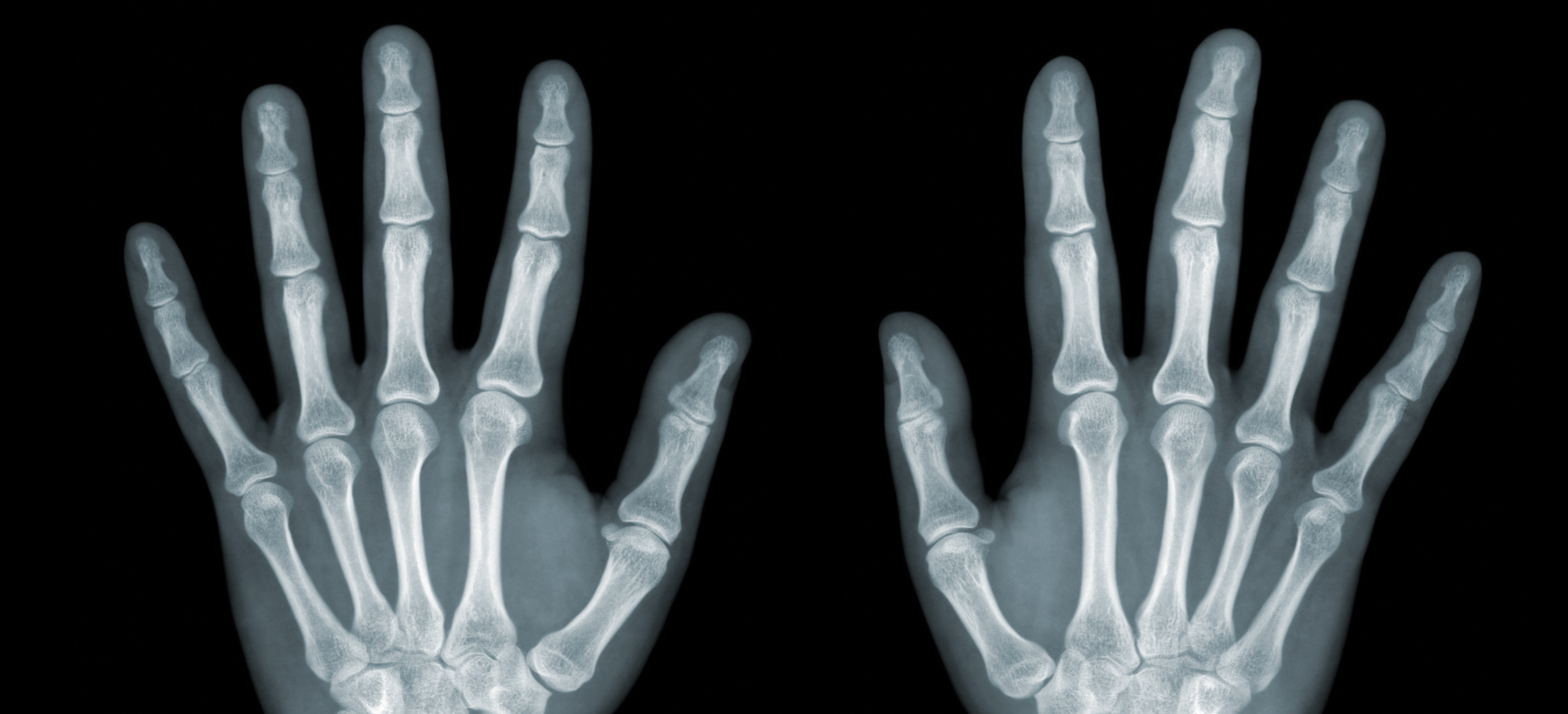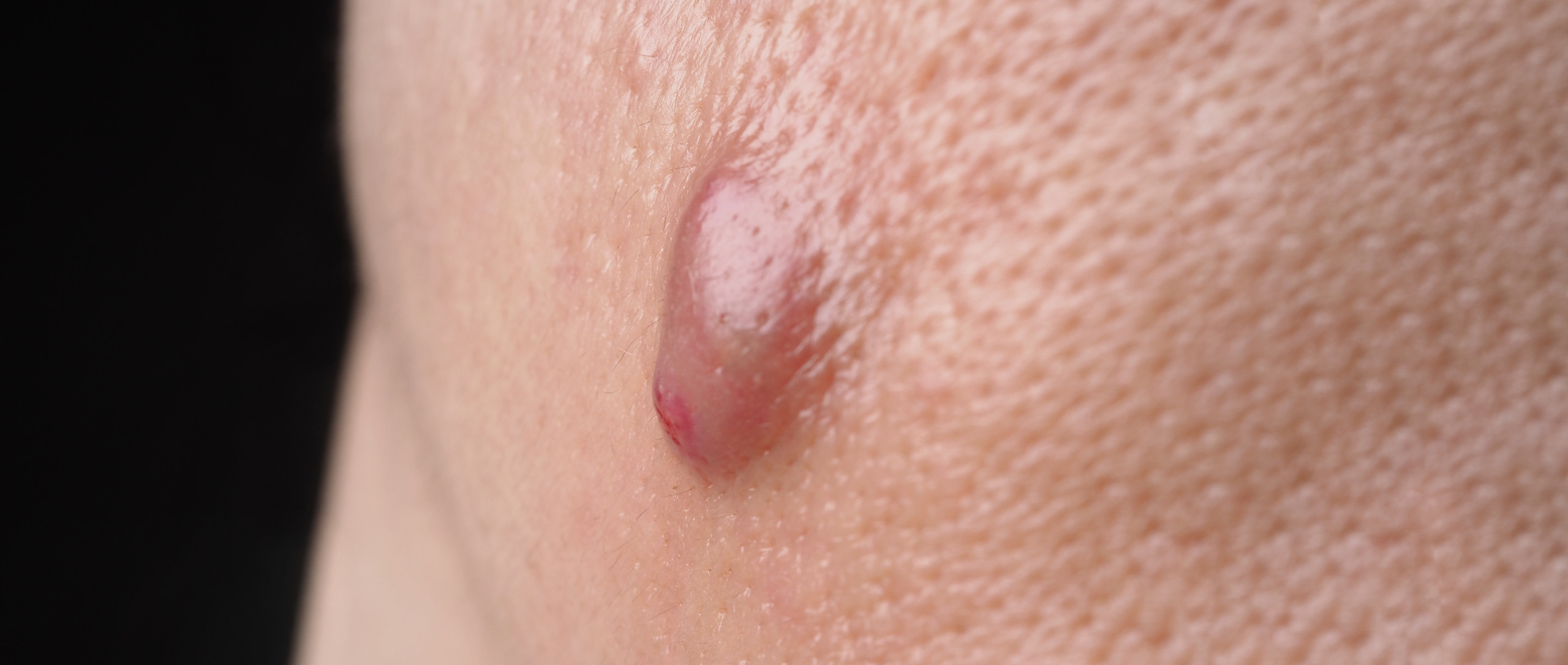Grave’s Disease: How This Thyroid Disorder Is Linked to Leaky Gut Syndrome
Grave’s disease is a common thyroid disorder that affects millions of people worldwide. It occurs when the immune system attacks the thyroid gland, causing it to produce too much thyroid hormone. This can cause symptoms like nervousness, weight loss, heat intolerance, and eye problems.
Understanding Grave’s Disease: The Autoimmune Disorder Behind Thyroid Imbalance
When you hear autoimmune disease, what comes to mind? If you’re like most people, you might think of allergies or conditions like rheumatoid arthritis. What you might not know is that there are over 60 types of autoimmune disorders, and Grave’s disease is one of them. Grave’s disease affects the thyroid gland, leading to hyperthyroidism. It is important to know this disease because the early diagnosis and treatment of Grave’s disease can prevent severe complications.
Grave’s disease is most common in women and can occur at any age, but most frequently affects individuals between the ages of 30 and 50. It is important to know that Grave’s disease is not just a thyroid issue – it’s also an autoimmune disease that, like most other autoimmune diseases, starts in your gut.
What Does Gut Health Have To Do With Grave’s Disease Or Any Other Autoimmune Disease?
Leaky gut syndrome is a condition where your intestinal lining becomes damaged and porous, allowing undigested food particles, toxins, bacteria, and other harmful substances to leak into your bloodstream. This triggers an immune reaction, as your body tries to fight off these foreign invaders. However, this also causes chronic inflammation, which can damage your tissues and organs over time.
Leaky gut syndrome is at the root of most autoimmune diseases, such as rheumatoid arthritis, lupus, multiple sclerosis, psoriasis, and of course, Grave’s disease. Autoimmune diseases are conditions where your immune system mistakenly attacks your own cells and tissues, causing various symptoms and complications. The reason why this happens is because of molecular mimicry: some of the substances that leak from your gut resemble your own tissues, so your immune system gets confused and attacks both.
For example, lectins are a type of protein found in many plant foods, such as grains, legumes, nightshades, nuts, seeds, and dairy products. Lectins can cause leaky gut syndrome by binding to your gut lining and breaking down the tight junctions that hold it together. Lectins also resemble some of the proteins found in your thyroid gland, such as thyroglobulin. So when lectins leak into your bloodstream, your immune system may attack your thyroid gland as well. This can lead to Grave’s disease or other thyroid disorders1
How To Diagnose and Treat Grave’s Disease and Leaky Gut Syndrome?
Grave’s disease and leaky gut syndrome can be difficult to diagnose, as they can cause a variety of symptoms that can be mistaken for other conditions. To make a diagnosis, your doctor will need to take a detailed medical history, perform a physical examination, and order some tests to confirm your condition. These tests may include:
- Blood tests to check for thyroid hormones, antibodies, or infections
- Urine tests to check for toxins or infections
- Stool tests to check for parasites, bacteria, or yeast
- Breath tests to check for bacterial overgrowth or food intolerances
- Eye exam to check for eye problems
- Ultrasound or biopsy to check for thyroid damage or inflammation
Symptoms of Grave’s Disease
The symptoms of Grave’s disease vary widely, and they are often mistaken for other medical conditions. The symptoms can include nervousness, irritability, weight loss, increased appetite, heat intolerance, sweating, tiredness, and muscle weakness. Eye problems, such as bulging eyes, can also occur in people with Grave’s disease because the tissues around the eyes become inflamed. If you experience any of these symptoms, please consult your doctor.
The treatment of Grave’s disease and leaky gut syndrome depends on the severity and cause of your condition. Some of the possible treatments include:
- Medications or supplements to reduce inflammation, regulate hormones, balance gut bacteria, or heal the gut lining
- Dietary changes to eliminate foods that cause leaky gut syndrome or Grave’s disease symptoms and to include foods that support gut health and thyroid health
- Lifestyle changes to reduce stress, improve sleep, exercise moderately, and avoid toxins or infections
- Alternative therapies such as acupuncture, massage, yoga, meditation, or herbal remedies to relieve pain, inflammation, or stress
- Surgery to restore thyroid function if medications or other treatments fail or if thyroid damage is severe
How To Prevent or Heal Grave’s Disease and Leaky Gut Syndrome with Diet and Lifestyle Changes at Gundry Health?
While some forms of Grave’s disease and leaky gut syndrome are not preventable, you can still take steps to improve your overall health and reduce your risk of complications. Some of the best ways to do so are:
- Eat a balanced diet that is rich in plant-based foods, healthy fats, and lean proteins. Avoid foods that are high in sugar, refined carbs, lectins, gluten, dairy, soy, corn, and nightshades. These foods can trigger inflammation, disrupt your gut microbiome, and impair your immune system2
- Drink plenty of water and stay hydrated throughout the day. Dehydration can worsen your symptoms and affect your blood volume and pressure.
- Avoid alcohol, caffeine, nicotine, and drugs that can interfere with your thyroid function. These substances can cause dehydration, increase your heart rate and blood pressure, and affect your mood and sleep quality.
- Manage your stress levels and practice relaxation techniques. Stress can activate your sympathetic nervous system (the fight-or-flight response) and cause a surge of adrenaline and cortisol. This can exacerbate your symptoms and damage your nerves over time.
- Get enough sleep and follow a regular sleep schedule. Sleep is essential for repairing your body and regulating your hormones. Lack of sleep can impair your cognitive function, mood, metabolism, and immune system.
- Exercise moderately and regularly but avoid overexertion or extreme temperatures. Exercise can improve your cardiovascular health, muscle tone, blood flow, and mood. However, too much exercise or exposure to heat or cold can trigger your symptoms and cause a drop or spike in your blood pressure or heart rate.
Grave’s disease can be a challenging diagnosis, but with the right treatment and care, you can overcome the symptoms and complications of this autoimmune disorder. Remember, early diagnosis and treatment can prevent severe complications and improve your quality of life.
At Gundry Health, we offer a holistic approach to clinical care that addresses the root causes of Grave’s disease and leaky gut syndrome. We use a combination of lab data (blood tests), provider treatment (medications), dietary changes (lectin-free diet), supplements (probiotics), lifestyle modification (stress management), alternative therapies (acupuncture), surgery (if needed), as well as education (books) to help you heal your gut and improve your overall health. By following our protocol, you can prevent or heal Grave’s disease and leaky gut syndrome and reduce the risk of autoimmune disease.
Get personalized care and recommendations for Grave’s Disease from Dr Gundry-Approved program
If you’re looking for more guidance about Grave’s Disease disease than this short list of recommendations, Dr. Gundry’s unique health program is now available to you (without needing an appointment at one of Dr. Gundry’s two, waitlist-only West Coast clinics).
Thanks to the pioneering work of Dr. Gundry and his team at Gundry Health, patient care team trained in Dr. Gundry’s unique holistic methods are now available to help you craft your own personalized Grave’s Disease program.
It’s easy to get started.
Simply click the link below to get more information about personalized Grave’s Disease treatment plan options, so you can get expert analysis, diagnostic care, and a plan for tackling lupus, arthritis, or other autoimmune diseases.
Each patient care team member at Gundry Health is Board Certified and trained in Dr. Gundry’s renowned approach to functional medicine and care.
Get your personal lab data and talk to a U.S. licensed doctor. Click Here.








